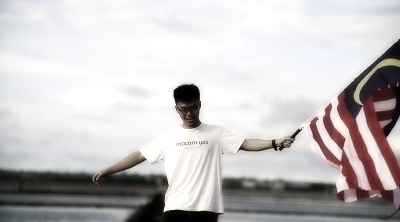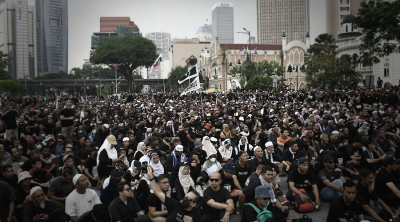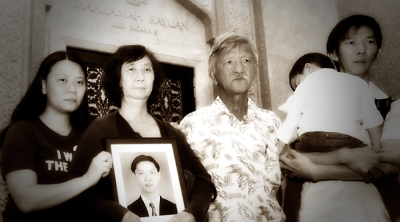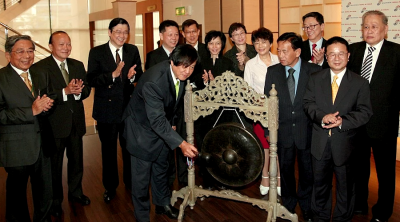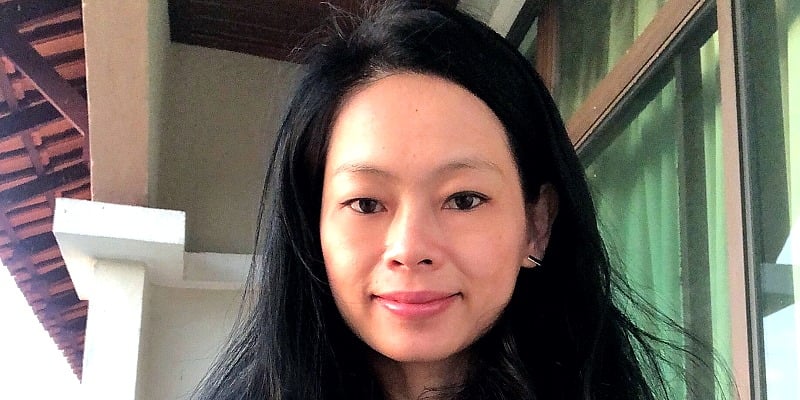
Early this year, we were told that a state of emergency is required to curb the spread of COVID-19. As it was necessary, the declaration is announced and we are put under a state of emergency until August 2021, and subjected to change.
On top of that, we also impose different forms of movement control order (MCO). As the COVID-19 cases continue to rise, at the same time with the rising of deaths, we are now reaching a tipping point where health and safety takes precedence over others. It reflects that our approaches are not as effective as we hope.
As time goes by, criticisms have mounted despite the on-going immunization program. For instance, the flip-flop way of delivering clear messages to the public on COVID-19 measures has caused the spread of misinformation and disinformation all over the social media platforms and social networking channels.
People are also getting impatient and anxious with the situation as we all face different challenges, such as the continuous hindrances suffered by businesses and employers who are affected by the MCO.
Everyone would agree that more efforts needed to be taken to flatten the COVID-19 infection curve and we need greater restrictions. But how should we do it and what are the appropriate approaches that could also at the same time safeguard the interest of the people of all levels?
We have gone through two phases of MCO and now we are in MCO 3.0 under a state of emergency, with the latest announcement that imposes further restrictions across the country. Will this latest announcement help us to flatten the curve once again? Or do we need to go through another round of MCO: MCO 4.0?
It has been more than a year since the outbreak of COVID-19 in Malaysia. We all can agree that a total lockdown would do irreparable harm to the economy and livelihoods.
With that in mind, a total lockdown is not a long-term solution for us, and in any countries.
Although different forms of subsidies are given to individuals, however this is not a strategy that could be sustained, rather, what is crucial is to think of sustainable ways to preserve jobs and ensure business survival for long-term job security.
The contradictory messages delivered to us on immunization program and restrictions are putting lives and the economy at risk. Many are outraged, as we all should be, as it seems.
Multiple factors are involved in the rejection of a specific vaccine or vaccination in general, and the reactions towards the government’s orders on restrictions. For instance, students have been in and out from the learning institutions for more than a year. This comes with heavy consequences in the years to come.
Closing schools and universities is not a good solution for a long-term likes this, have we learn from other best practices in other countries? One significant factor is poor management and coordination; this then comes with the political factor.
Our parliament continues to be suspended in times like this, when there is no space for debates on what are the best policies for our people during this challenging time.
I could not help but to continue to question the logic behind the total suspension of parliamentary debates. If it is not for political reason, then what could possibly explain the logic behind the suspension?
In the time like this, people’s interest should be the priorities. These factors compromise effective vaccination coverage, constituting a serious threat to public health.
Science, Technology and Innovation Minister Khairy Jamaluddin has assured the public that we will have enough COVID-19 vaccines to vaccinate 80 per cent of the population by October this year.
At the time of writing, the official website of government vaccination plan recorded that there is a total of 10,435,790 registered to the COVID-19 immunization program with 1,471,500 vaccinated.
This situation has to change. After a year of personal, social and economic upheaval, we are at a breaking point. We cannot afford more flip-flops. How did we end up playing a game of high stakes with our lives, and what are we doing about it?
I could not help but to continue to question, what has gone wrong?
While we all have responsibilities to curb the spread of COVID-19, we need a strong decisive leadership that can deliver clear messages in the pandemic time like this.
(Khoo Ying Hooi is Universiti Malaya Senior Lecturer.)
ADVERTISEMENT
ADVERTISEMENT








